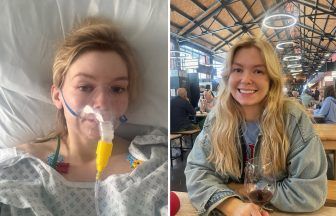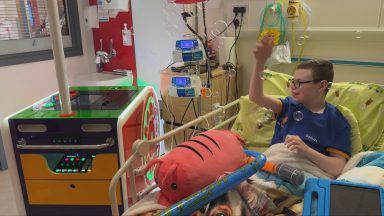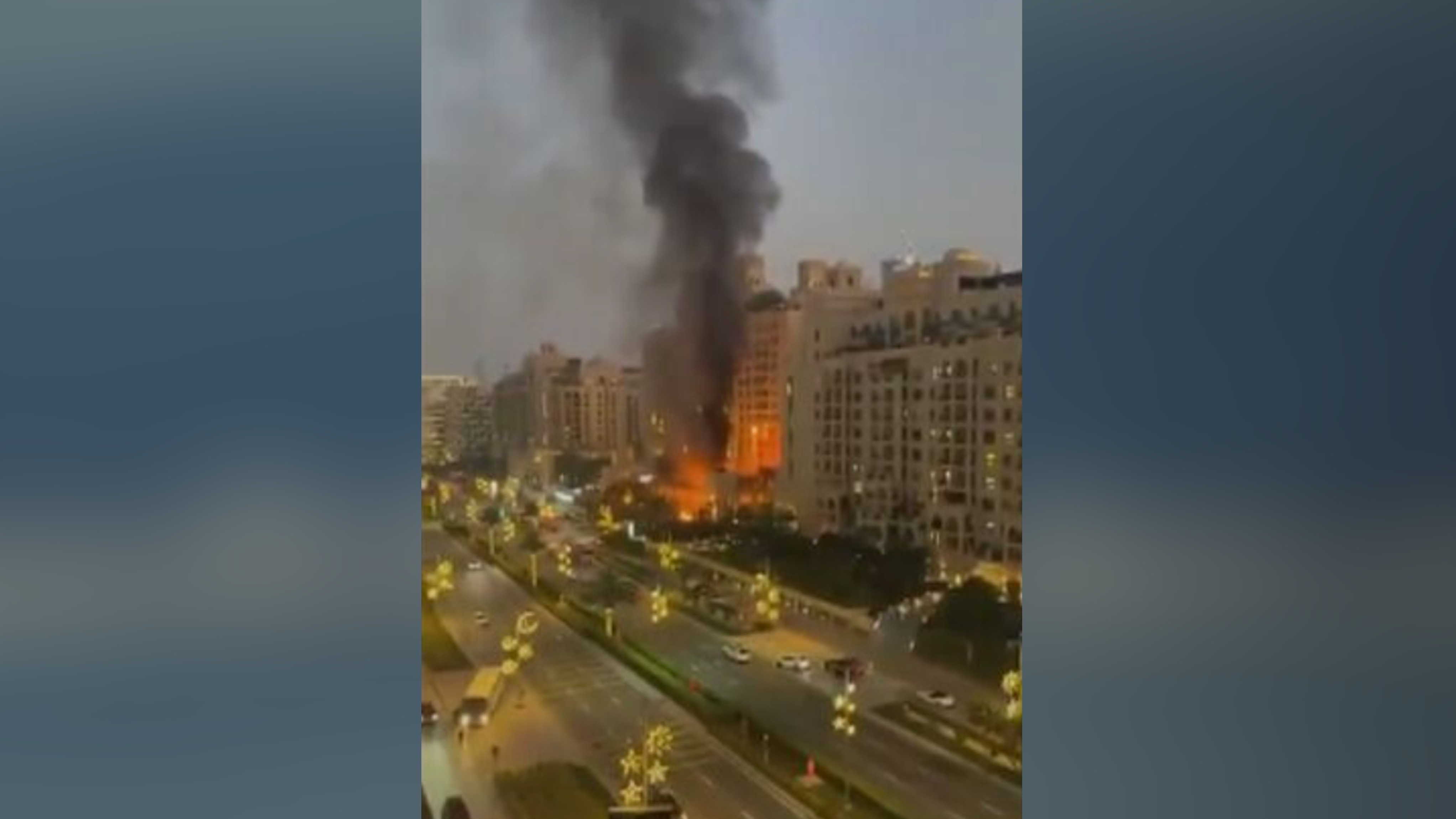Repeat victims of violence do not report to the police, even in cases involving serious injury and hospital treatment, a new study has found.
Researchers at the Glasgow University-based Scottish Centre for Crime and Justice Research (SCCJR) discovered that those experiencing repeat violence do not seek support due to a mistrust of authorities, social rules around “no grassing” and the risks associated with identifying as a victim.
The study, which is the first of its kind in Scotland, features 95 in-depth interviews with people who have experienced repeat violence and community workers who support them.
One recovery worker involved in the study said: “Culturally, it’s just a sort of – it’s an acceptance of violence here. Like it just is – it’s just what is known.
“Everyone knows, certainly most of the family members I work with, they all know who the local hard men are, who the local gangs are, the local families are to avoid. They know the repercussions of being a grass, they know what it all means.”
Dr Susan A. Batchelor, a senior lecturer at the university and co-author of the study, said: “It is well established that violence is underreported to the police, especially in under-resourced communities and amongst marginalised groups, who experience higher levels of victimisation.
“Our research provides insight from people who are not counted in official statistics, giving us a unique insight into the meaning and impact of repeat violence. Many of those we spoke to described having become accustomed to the continuous threat of violence and of having to cope on their own because they could not access formal support.”
A 32-year-old male participant said: “I’ve grew up with it for so long that it’s so natural for me to see violence and be part of violence, that when it does happen to me, it’s just like another day.
“It’s stuff that I grew up with, it’s like washing dishes. And I know how bad that sounds, but I’ve seen it so many times that it just is normal.”
A 27-year-old man added: “I didn’t want to admit I was a victim cos when you say you’re a victim, it makes you feel like you’re quite weak. You’re like, ‘No one picks on me, I’m a man, I’ll stop it myself’.”
Most of the people who participated in the research had multiple experiences of violent victimisation across the life course. As well as experiencing violence as children within the family home and as young people within the community, many had been on the receiving end of violence within institutional settings, including children’s homes, schools, prisons, and homeless hostels and hotels.
The research found that people belonging to marginalised groups can get caught up in a vicious circle of victimisation, disadvantage, and further victimisation.
“Participants told us about leaving home to escape domestic violence or drug-related exploitation. Finding themselves homeless, they were then placed in emergency accommodation in areas characterised by concentrated disadvantage, increasing their exposure to violence. Yet they often felt unable to report victimisation in this context, due to social rules around ‘no grassing’ and/or fear of retaliation. Some were even excluded from victim support services because of their accommodation or substance use status. Isolation meant that drug and alcohol use was a common coping mechanism,” said Dr Batchelor.
Co-author Dr Caitlin Gormley, a lecturer at the University of Glasgow, said the social pressures on men to be tough meant violence was almost expected of them. She said: “Young men, especially in deprived communities, are often under chronic pressure to live up to hyper-masculine ideas of ‘the hardman’ and ‘protector’ which means they can find themselves in dangerous situations, increasing their likelihood of becoming victims of violence. Yet men receive less recognition as victims and there is a lack of services targeted to their needs.”
A 21-year-old man interviewed as part of the research commented: “If someone starts an argument with you, you’re just expecting to fight. Like, it’s not resolved through words, it’s just not. You can’t just resolve things with words here, it’s got to be dealt with there and then or it’ll drag on.”
In the report’s recommendations, the researchers suggest communities could play a critical future role in preventing violence. Dr Gormley said: “We have seen the benefits of taking a public health approach to violence prevention in Scotland and need to continue to develop community resources. Our findings also point to the value of community policing presence.”
Follow STV News on WhatsApp
Scan the QR code on your mobile device for all the latest news from around the country


 Andranik Hakobyan via iStock
Andranik Hakobyan via iStock


























